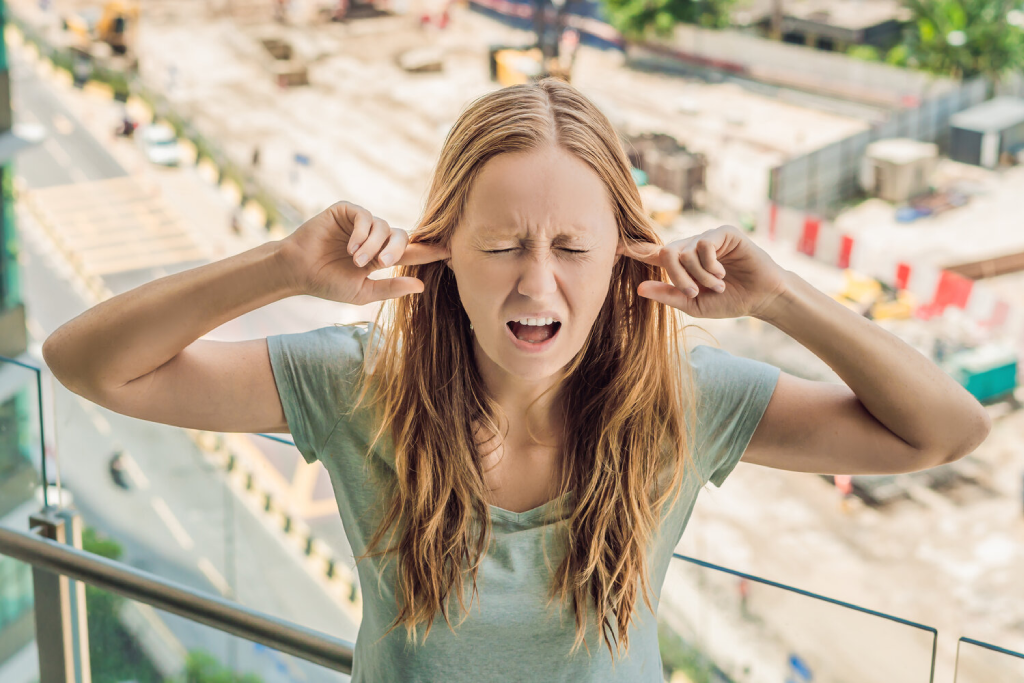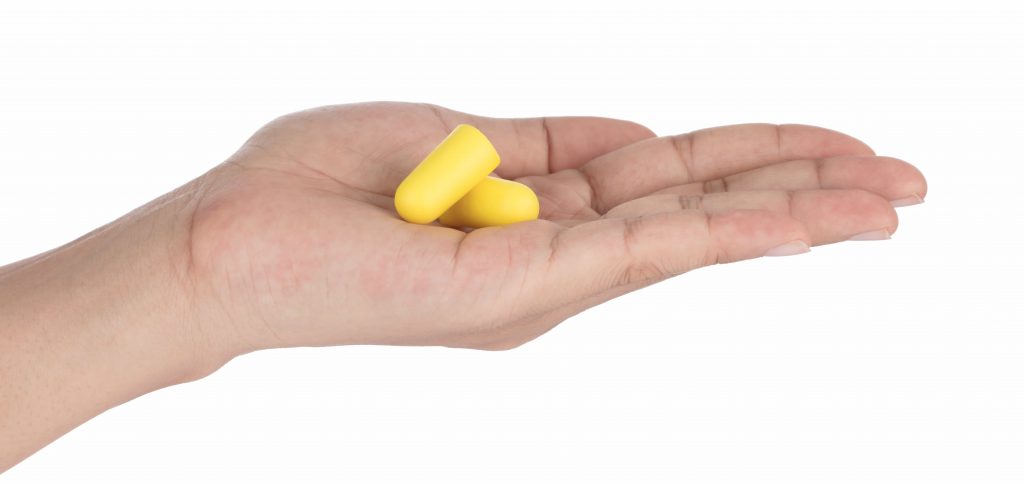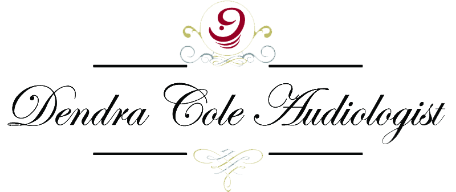The Truth About How Noise Pollution Can Cause Hearing Loss

The Truth About How Noise Pollution Can Cause Hearing Loss
Excessive noise can be hazardous to your hearing health. Prolonged exposure to sounds above 85 dB has been scientifically proven as a risk factor for developing hearing loss, especially amongst young people. In fact, the World Health Organization (WHO) estimates that 1 billion youth are vulnerable – this creates a pressing need for preventive measures against noise pollution from sources such as traffic and industrial machinery, construction sites, music concerts or even unwanted sound coming from neighbors’ homes.
Every person is unique and their age, prior noise exposure level, as well as the decibel of a sound source influence how much damage chronic noise can cause. Unfortunately, if you are frequently exposed to loud noises – particularly those that have high dB levels- it doesn’t take long before serious permanent harm to hearing occurs. As an Audiologist, I’m dedicated protecting people’s ears through education on proper volume precautions and when necessary providing appropriate treatment!

Long-term exposure to noise has been proven to cause severe speech recognition issues which can drastically inhibit communication ability.
Keeping your hearing safe and healthy should be a priority for everyone, especially those in high-risk professions. Taking preventative measures by wearing effective ear protection when necessary or avoiding areas with ongoing loud noise can help protect against sound related damage to the ears.
Here are some common noise pollution that could affect your hearing.
- Traffic: Cars, buses, trucks, motorcycles and even trains can create a significant amount of noise pollution in cities, towns and other populated areas.
- Industrial machines: Factories and industrial plants are known for creating high levels of noise due to the machinery used in their operations.
- Construction sites: Heavy machinery used during construction as well as tools like jackhammers can produce a lot of noise that can be heard from far away.
- Music events: Concerts, shows, festivals and other music events bring a lot of people together in one place but often result in loud noises that can disturb those living nearby or otherwise affect the environment negatively.
- Neighbours: It’s almost impossible not to hear something coming from your neighbors when they’re playing loud music or having parties on their balconies or backyards—this kind of noise can be particularly annoying at night time if you’re trying to sleep!
5 Common ways to protect yourself from noise pollution
If your audiologist tells you that you have a hearing loss, they will try to determine the severity of it. The results of this test can give an idea as to how bad the impairment is and if any treatment or further testing is needed.
This type of testing may turn out with normal results but that does not mean there is no impairment. If you’re not experiencing hearing loss, it does not necessarily mean that there is nothing wrong with you. It would be recommended for you to receive follow-up tests in order to check if your condition is worsening and also make sure that your treatment has actually been successful.

1. Wear ear protection: Earplugs or headphones are the most effective way to protect your hearing from loud noises.
2. Take breaks: If you’re in a situation where you’re being exposed to high levels of noise for an extended period of time, it is important to take regular breaks away from the source of the sound to give your ears a rest.
3. Limit headphone/earphone volume: You should always keep the volumes on your devices at comfortable levels as this will help protect your hearing in the long run.
4. Avoid loud areas: Try to limit the amount of time you’re spending in noisy places such as bars, clubs or concerts and take regular hearing tests to make sure your hearing is still in good shape.
5. Invest in soundproofing: If you live in a noisy area, consider investing in soundproof windows or other materials that can help reduce the level of incoming noise.
Taking preventative action is key to protecting yourself from noise pollution and maintaining healthy hearing for years to come. Whether it’s wearing ear protection, limiting high volume when listening to music or taking regular hearing tests, there are many ways to be proactive about your hearing health. With proper care and consistent preventative actions, you can ensure that your ears will stay healthy and safe from noise pollution for many years to come!
CONTENT DISCLAIMER
The content on this website is provided for information purposes only. We do not endorse any products or treatments, and the materials are intended to be used in accordance with your doctor’s advice. The information given should never replace professional medical care, nor does it constitute a comprehensive guide about every aspect of each product featured; please always consult an expert before using anything always mentioned here. All users must seek guidance from their doctors or professional hearing practitioner or hearing care professional prior to beginning treatment.
